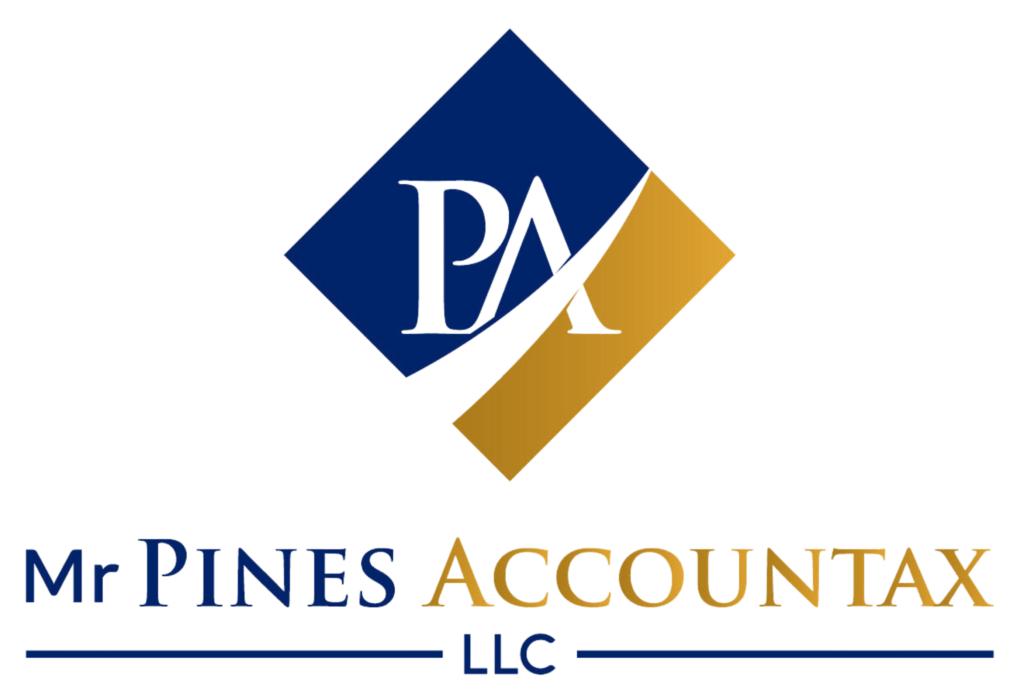Managing payroll can be one of the most challenging and time-consuming tasks for small businesses, but it doesn’t have to be. Understanding the role of a payroll compliance practitioner can make all the difference. By consulting an expert, companies can simplify their payroll processes, ensuring compliance with tax laws while focusing on growth and operations.
Here, we’ll explore payrolling, highlight the crucial role of payroll compliance practitioners, and explain how they can help your business stay on top of its payroll responsibilities.

1. Defining Payrolling: Why It’s Crucial for Your Business
What is Payrolling?
Payrolling is about managing employee compensation, taxes, and deductions in a business. It involves calculating wages, ensuring accurate tax withholdings, and complying with state and federal tax laws.
Moreover, payrolling requires employers to maintain precise deductions, bonuses, and employee benefits records.
For businesses, payrolling is not just about paying employees on time; it’s about doing so accurately and in line with current tax laws. Companies can face penalties, lawsuits, or audits if done incorrectly.
Furthermore, proper payrolling is crucial for businesses to avoid misclassification risks, such as treating employees as independent contractors when they should be classified as full-time workers, which could lead to compliance issues.
The global payroll software market is expected to reach $17.9 billion by 2025, with a compound annual growth rate (CAGR) of 7.2%. This growth reflects the increasing adoption of automated payroll systems aimed at improving accuracy and compliance
(Keevee)
2. Payroll payroll specialist’s Duties and Responsibilities
A payroll compliance practitioner is responsible for various tasks that ensure your business’s payroll is legally compliant and error-free. The main duties of a professional practitioner include:
- Calculating Wages: Ensuring accurate employee pay based on hours worked, salary, and overtime.
- Tax Deductions and Filings: Deduct federal and state taxes from employee wages and file payroll tax returns on time.
- Maintaining Compliance: Ensuring payroll processes follow local, state, and federal tax laws, including changes to tax codes.
- Reporting: Preparing and filing necessary payroll reports such as union reports, certified payroll, and workers’ compensation records.
An expert practitioner stays updated on tax regulations and labor laws, preventing your business from falling behind. The right practitioner ensures that every aspect of your business’s payroll is accurate, legal, and efficient.
75% of businesses now utilize automated payroll systems. Automation helps reduce errors and the administrative burden associated with manual payroll processing.
(Keevee)
3. The Advantages of Hiring a Payroll Compliance Practitioner
Time and Cost Savings:
Outsourcing payroll can save your business significant time. Instead of handling complex payroll calculations and compliance matters in-house, you can focus on growing your business. Moreover, a practitioner can handle everything from tax filings to deductions, ensuring you avoid mistakes that can lead to costly penalties.
Accuracy and Compliance:
An expert ensures your payroll calculations are correct and compliant with the law. Given the complexity of payroll tax laws, having an expert in charge reduces the risk of errors and penalties. They ensure timely filings, reduce costly mistakes, and help you avoid audits.
Peace of Mind:
In the same way, managing payroll involves many moving parts, from tax filings to new hire reporting. Keeping up with changing regulations can be overwhelming. A practitioner takes on this responsibility, allowing you to rest easily, knowing that your payroll system is in safe hands.
The cost of non-compliance with payroll regulations can be severe. For example, a San Diego construction company was fined $1.7 million after violating worker pay and overtime laws.
(DIR)
4. Potential Disadvantages of Hiring a Payroll Compliance Practitioner
Cost Considerations:
While outsourcing payroll services can save time and reduce stress, it’s important to consider the cost of hiring a practitioner. Small businesses may find it difficult to budget for an expert, especially when operating on a tight budget. However, the long-term benefits often outweigh these initial costs.
Loss of Control:
Some business owners may feel uncomfortable handing over control of payroll processes. You may worry about losing oversight over your payroll details. However, most payroll practitioners offer transparent reporting and open communication so you can always stay informed about your business’s payroll status.
Moreover, to learn more about tax-saving strategies for property owners, be sure to read our blog on How to Avoid Paying Tax on Rental Income.
5. Payroll Contracts and Their Role in Payrolling
A payroll contract is a formal agreement between a business and its payroll service provider. It outlines both parties’ scope of services, responsibilities, and expectations. A clear payroll contract ensures that the company and the payroll provider are on the same page.
How It Helps:
A payroll contract provides legal protection and clarifies the terms of service, ensuring no misunderstandings. For example, if your business needs payroll tax filings completed monthly, the contract should specify that the service provider will deliver those filings on time. Contracts help establish mutual trust and ensure transparency.
FICA tax rates, which include Social Security and Medicare taxes, continue to be 15.3% (split equally between employer and employee), a fundamental aspect of payroll compliance.
(BPM)
6. The Benefits of Payrolling Services for Small Businesses
For small businesses, outsourcing payroll tasks to professionals offers numerous advantages:
- Focus on Scaling: By outsourcing payrolling, business owners can focus on expanding their operations, knowing payroll is taken care of.
- Improved Accuracy: Expert practitioners are skilled at avoiding common payroll errors, such as misclassifying employees or making incorrect tax deductions.
- Compliance with Changing Laws: Laws around payroll and taxes change frequently. A payroll practitioner stays on top of these changes, ensuring your business complies.
For more insights into essential skills for navigating complex tax regulations and accounting tasks, check out our detailed blog on What Are Some Useful Skills for Tax Accounting? 10 Must-Have Skills.
7. Why Choose Mr. Pines AccounTax for Your Payroll Needs
At Mr. Pines AccounTax, we provide expert payroll services for small businesses. Our payroll compliance practitioners have the expertise to ensure your business fully complies with tax laws and regulations. Whether a startup or an established company, we offer tailored payroll solutions that meet your unique needs.
Moreover, if you want peace of mind and expert guidance on your payroll systems, schedule a consultation with Mr. Pines AccounTax today. We’re here to ensure your business’s payroll system runs smoothly so you can focus on what matters most: growing your business.
8. Conclusion
Managing payroll can be complex and overwhelming, especially with ever-changing regulations. However, hiring a payroll compliance practitioner ensures your business stays compliant, avoids costly errors, and saves valuable time. Professional practitioners offer expertise, accuracy, and peace of mind—everything you need to manage payroll effectively.
Contact Mr. Pines AccounTax today to schedule a consultation with a payroll practitioner if you want professional payrolling services that guarantee compliance and accuracy. Let us help you take your payroll management to the next level.
GET IN TOUCH



